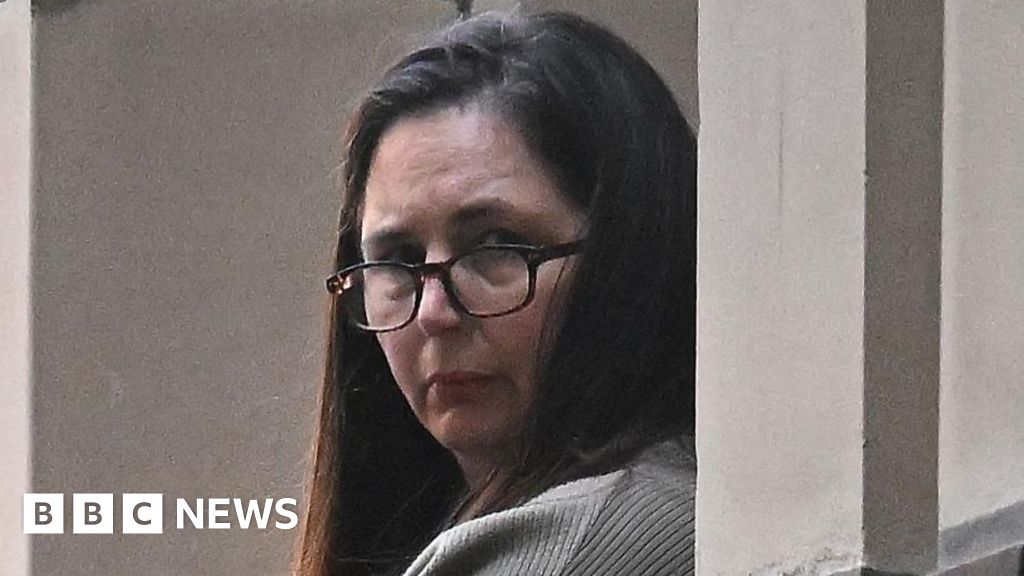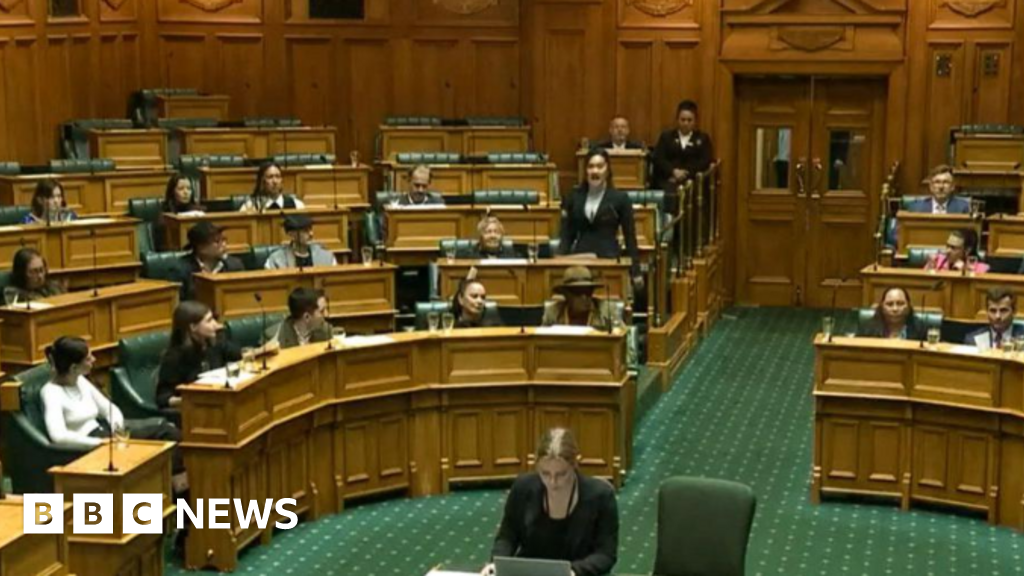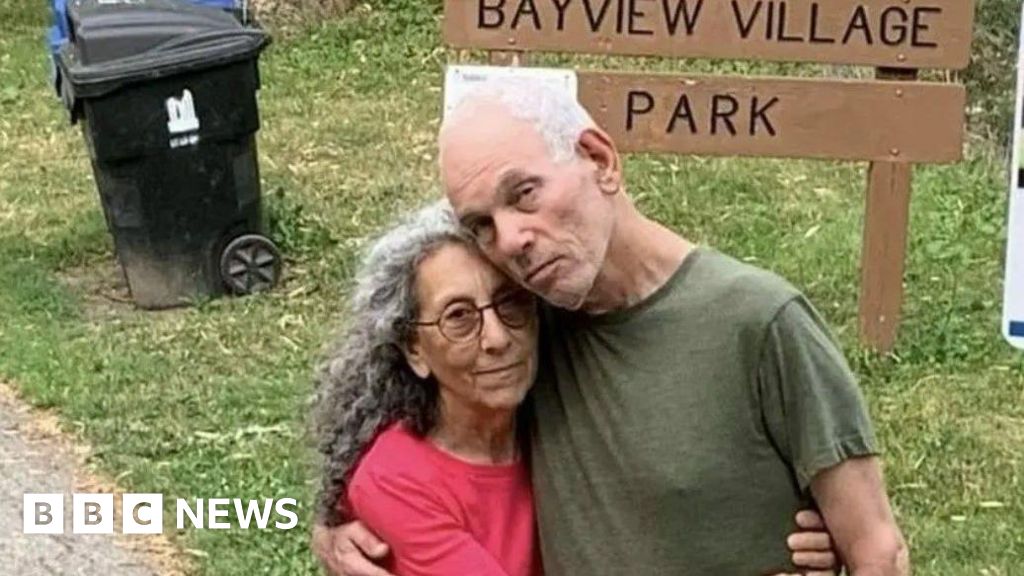ARTICLE AD BOX
image sourceGetty Images
image captionSyed Ali Geelani died at his home in Srinagar at the age of 92Kashmir's top separatist leader Syed Ali Shah Geelani, who spearheaded the resistance movement against Indian rule, has died, aged 92. Author Sumantra Bose writes about Geelani's life and his role in Kashmiri politics.
I first met Syed Ali Shah Geelani in 1995 at his then partially-built residence in Srinagar's Hyderpora neighbourhood. He had recently been released from prison. Although I have met him several times since then, it is that first meeting I remember most vividly.
Geelani had a courtly appearance and kind manner, but I could sense the steel in his personality. He took out the time to speak at length with me - an Indian in my mid-20s, I was then a graduate student at Columbia University.
At the end of the long conversation, he stood up, kissed me tenderly on the forehead and presented me with a copy of the Koran, an Arabic-English bilingual edition produced, I later noticed, in Saudi Arabia. He urged me to read it carefully. The ornate, bulky volume is still displayed in the living room of our family home in Kolkata.
Unlike some other Kashmiri leaders I met in the 1990s and later, Geelani spoke with absolute clarity, with no hedging or fudging. Our conversation revolved around two points he made gently, yet forcefully.
image sourceGetty Images
image captionGeelani had been under house arrest for much of the past 11 yearsFirst, he made it clear that although a proud Kashmiri, he considered his national identity to be Pakistani.
Second, he was implacably hostile to the idea of an independent Kashmir. I already knew from extensive travels in the Kashmir valley that the large majority of its people, as well as Kashmiri-speaking Muslims in parts of the Jammu region contiguous to the valley, aspired for independence.
For them, azaadi (freedom), the rallying cry of the tehreek (movement) that had exploded in uprising and insurgency in 1990, meant being free of both India and Pakistan, which had been fighting over their land since 1947. Pakistan's supporters - the core of which was made up of Geelani's Jamaat-i-Islami (JI) party - were a relatively small minority.
I frankly told Geelani this ground reality. He did not directly contradict me, but explained patiently that the notion of independence was not just a chimera but dangerous, because it risked dividing the Muslim majority of Jammu and Kashmir - on both sides of the Line of Control - into opposed camps.
He was adamant that the destiny of Kashmir - and Kashmiris - lay with Pakistan.
image sourceGetty Images
image captionGeelani staunchly advocated the merger of Kashmir with PakistanA few days later, I met Mohammad Yasin Malik, the young leader of the pro-independence Jammu and Kashmir Liberation Front (JKLF), at his home in central Srinagar's Maisuma neighbourhood.
Malik too had recently been released from four years in prison and had renounced violence. I recounted my discussion with Geelani to him. Yasin giggled and said: "Well, that's Geelani saheb."
The JKLF leader's amused reaction made light of a deadly schism the two views of freedom - the majority view favouring independence and the minority pro-Pakistan view - had produced in the Kashmiri movement.
The JKLF had launched the insurgency in 1989-90 and was its dominant group until 1993. But by the mid-1990s, the pro-independence insurgents were on their last legs and the armed struggle had been taken over by Hizb-ul Mujahideen (HM), a rival group closely aligned with Geelani's party.
Heavily backed by the Pakistan army and especially the Inter-Services Intelligence (ISI) agency, HM was killing independence supporters, both militants and prominent civilians. That killing spree, in turn, generated a popular backlash which helped the Indian security forces gain the upper hand over the insurgency.
Geelani was a late advocate of armed struggle. In 1986, when some restive youths in the Valley were contemplating taking to the gun like the Afghan mujahideen, he had cautioned against that path.
Instead, he wrote in Azaan, the Jamaat-i-Islami's paper, that the movement should work "to educate the people" and mobilise them in "an organised but peaceful struggle" for the implementation of "the UN resolutions" on Kashmir, which in the late 1940s and 1950s had called for a plebiscite (referendum) to choose Indian or Pakistani sovereignty.
image sourceGetty Images
image captionKashmir has a history of insurgency against Indian ruleBut in February 1991, as an inferno of violence engulfed the Kashmir Valley, Geelani wrote from a prison in northern India to Chandra Shekhar, then Indian prime minister: "Indians fought the British for freedom both politically and through armed struggle. Mahatma Gandhi used non-violence and Netaji Subhas Chandra Bose used the path of armed struggle".
The late conversion to armed struggle aside, Geelani's politics was remarkably consistent over 70 years.
He was initially mentored by Maulana Mohammad Sayyid Masoodi, a pro-independence Kashmiri leader who was assassinated, aged 87 years, by insurgents in December 1990.
But in the early 1950s, he discovered the writings of Maulana Abul Ala Maududi, the Jamaat-i-Islami's founder, and that set the course for the rest of his life, as narrated in his autobiography Wular Kinaray (From the Wular's Shore, a reference to his native village by the Wular Lake in the northern Kashmir Valley).
image sourceGetty Images
image captionIndian troops blocked roads leading to Geelani's residence after his deathGeelani's death comes at a time when many Kashmiris say that the region has become even more volatile since the federal government revoked its autonomous status.
It was his steadfastness of character in the face of tribulations and adversity - rather than his Islamic orthodoxy and loyalty to Pakistan - that earned him a place of honour in the hearts of many Kashmiris.
Sumantra Bose, a political scientist, is the author of Kashmir at the Crossroads: Inside a 21st-Century Conflict (Yale University Press, autumn 2021)

 3 years ago
82
3 years ago
82








 English (US) ·
English (US) ·